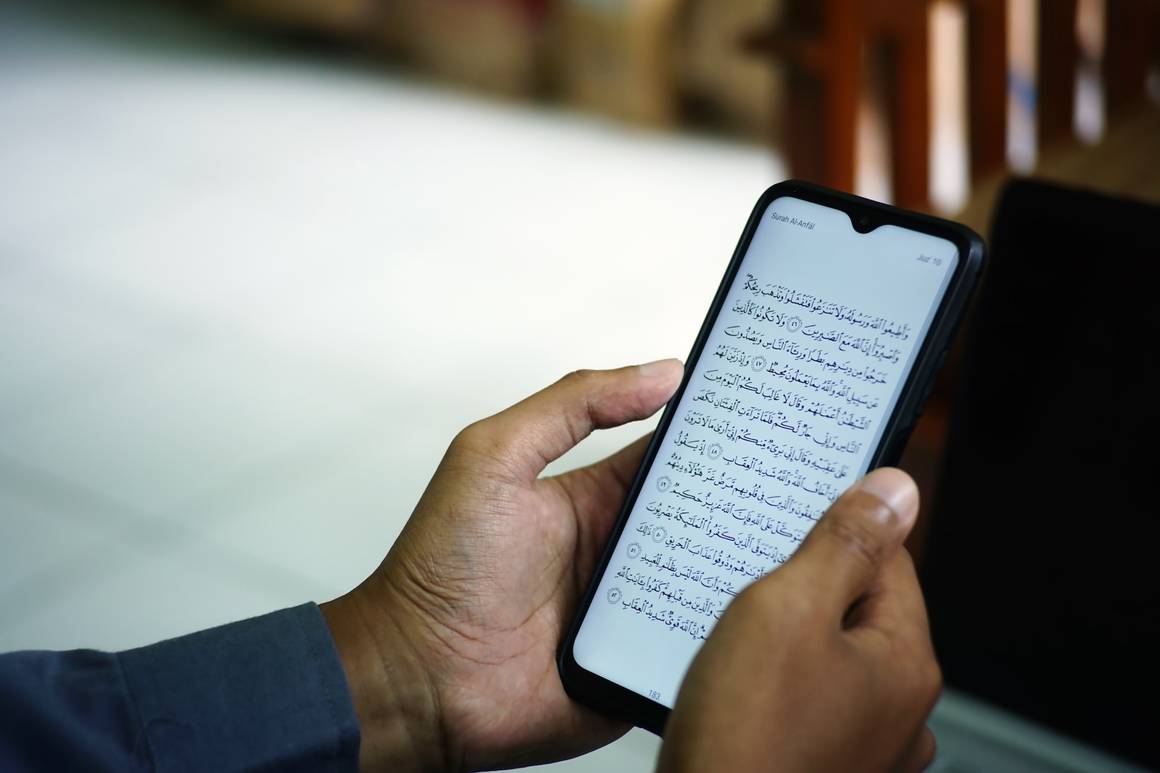As Muslims, we all know the fundamentals: prayer, fasting, charity, and belief. But sometimes, life gets busy. It's easy to get caught up in the daily grind and lose sight of things that truly nourish our deen and help us become the best versions of ourselves. This isn’t about adding to a list of obligations, but about intentional growth and deepening our connection with Allah (SWT) and our community. So, beyond the pillars of Islam, what should every Muslim prioritize? Here’s my take on the top 10, in no particular order:
1. Consistent Ilm (Knowledge) Seeking – Beyond Social Media Clips
We live in an age of information overload, but true ilm isn’t about scrolling through bite-sized religious content on social media (though that can be a starting point!). It’s about dedicated, consistent study of the Quran, fiqh (Islamic jurisprudence), tafsir (Quranic interpretation), and the life of the Prophet Muhammad ﷺ. This doesn’t necessarily mean formal schooling (though that’s fantastic if you can!), but could be regular classes at your local mosque, online courses from reputable scholars, or even a dedicated reading schedule. Understanding why we believe what we believe is crucial for strengthening our faith and navigating the complexities of modern life.
2. Cultivating Patience & Resilience (Sabr)
Life is full of trials and tribulations. Islam teaches us that sabr (patience) and resilience are not merely passive acceptance, but active strength in the face of adversity. It’s about trusting in Allah’s plan, maintaining hope, and striving to do what is right, even when things are difficult. Developing sabr allows us to navigate challenges with grace, learn from our experiences, and emerge stronger. It’s a vital quality for a believer.
3. Developing Taqwa (God-Consciousness)
Taqwa isn’t just about fearing Allah (SWT); it’s about a deep awareness of His presence in every aspect of our lives. It’s about striving to live a life pleasing to Him, even when no one is watching. This is cultivated through consistent reflection, sincere repentance, and striving to improve our character. It’s the foundation of a righteous life and the key to unlocking inner peace and contentment. Think before you act, and always consider the consequences in the light of Allah’s pleasure.
4. Active Community Involvement (Khidmah)
Islam isn’t a solitary religion. We are part of a ummah (global community), and we have a responsibility to contribute to its well-being. This could involve volunteering at your local mosque, participating in charitable initiatives, mentoring youth, or simply being a good neighbor. Khidmah (service) not only benefits others but also strengthens our own faith and fosters a sense of belonging. Look for opportunities to give back, even in small ways.
5. Cultivating Gratitude (Shukr)
It’s easy to focus on what we lack rather than what we have. Islam encourages us to cultivate a deep sense of gratitude for all of Allah’s blessings, both big and small. This can be practiced through daily dhikr (remembrance of Allah), making dua (supplication) expressing thanks, and simply taking the time to appreciate the good things in our lives. Gratitude transforms our perspective and brings immense joy and contentment.
6. Protecting Your Eyes and Ears (Guarding Your Heart)
In today’s world, we are bombarded with haram (forbidden) content. Protecting our eyes and ears from things that displease Allah (SWT) is a constant struggle, but a crucial one. This means being mindful of what we consume – from movies and music to social media and conversations. Guarding our hearts from negativity and harmful influences allows us to focus on what truly matters and strengthens our connection with Allah.
7. Developing a Strong Moral Character (Akhlaq)
The Prophet Muhammad ﷺ was renowned for his beautiful character. Islam emphasizes the importance of honesty, kindness, compassion, humility, and forgiveness. Striving to embody these qualities in our daily lives is a continuous process of self-improvement. It’s not enough to simply believe in good; we must act on it.
8. Making Time for Dua (Supplication)
Dua is a direct connection with Allah (SWT). It’s a powerful tool for seeking guidance, forgiveness, and blessings. Making dua regularly, especially during times of difficulty, strengthens our faith and reminds us that we are not alone. Don’t underestimate the power of sincere supplication.
9. Reflecting on the Quran (Tadabbur)
Reading the Quran is essential, but tadabbur – reflecting on its meaning and applying its lessons to our lives – takes it to another level. Taking the time to truly understand the message of the Quran and internalize its wisdom transforms our hearts and guides our actions.
10. Prioritizing Self-Care (Physical & Mental Wellbeing)
Islam emphasizes the importance of taking care of our bodies and minds. This means eating healthy, exercising regularly, getting enough sleep, and managing stress. Neglecting our physical and mental wellbeing hinders our ability to fulfill our religious obligations and live a fulfilling life. Remember, you can’t pour from an empty cup.
Final Thoughts
This list isn’t exhaustive, and the order isn’t necessarily fixed. The key is to be intentional about prioritizing these aspects of our lives and striving for continuous improvement. May Allah (SWT) guide us all on the straight path and help us become the best versions of ourselves.


